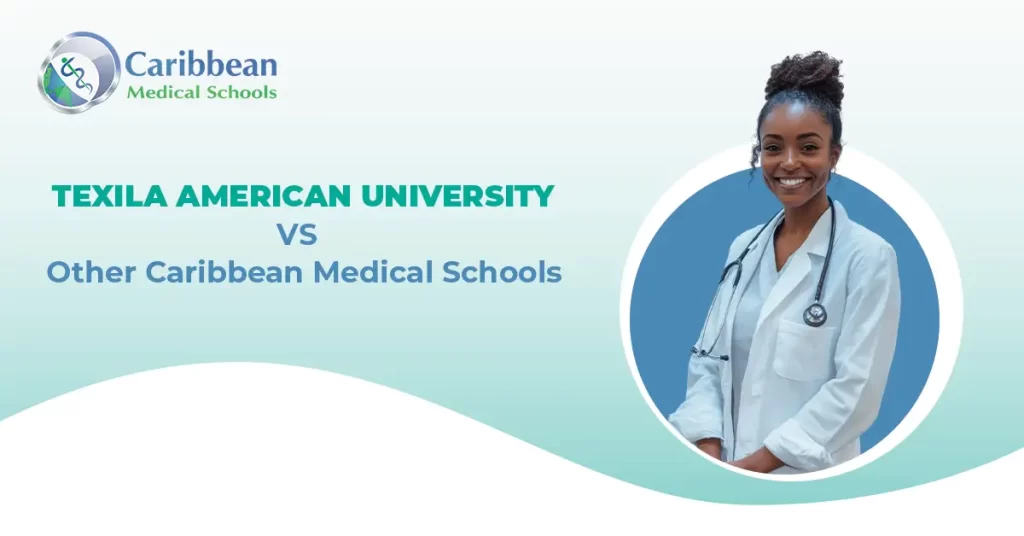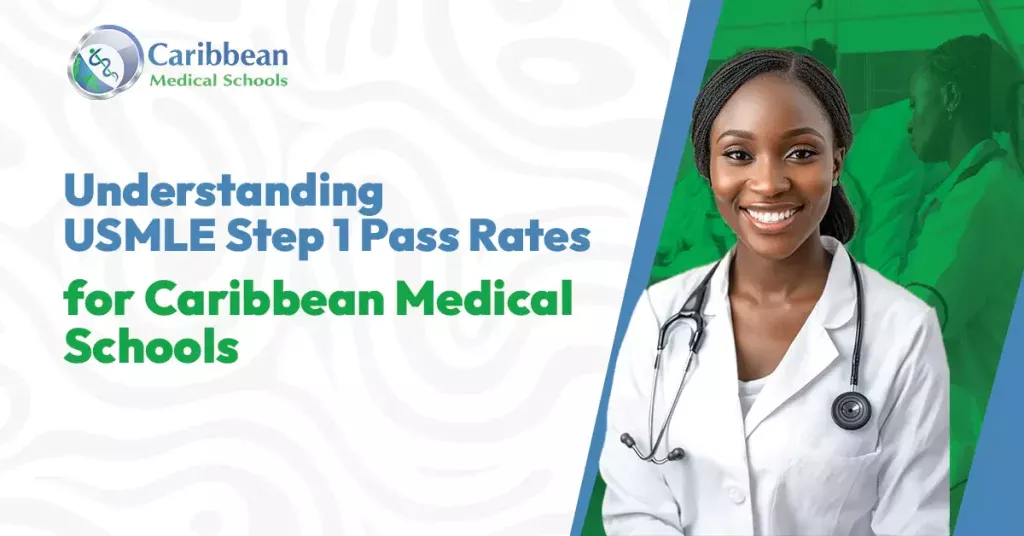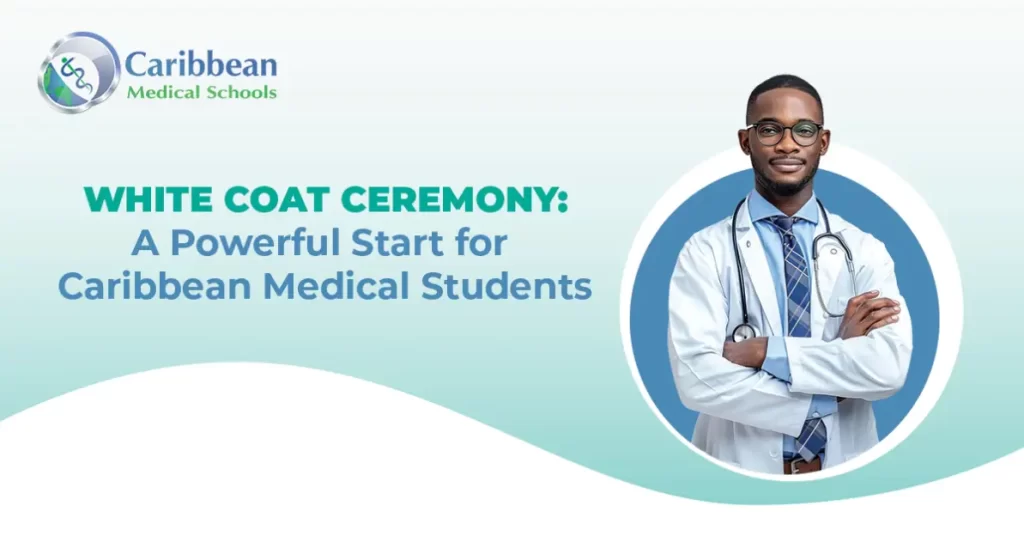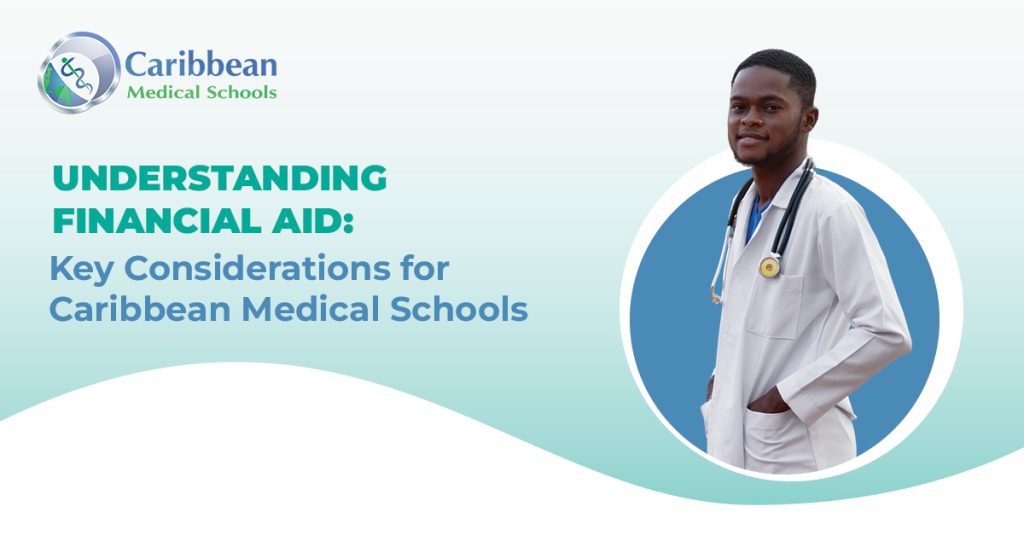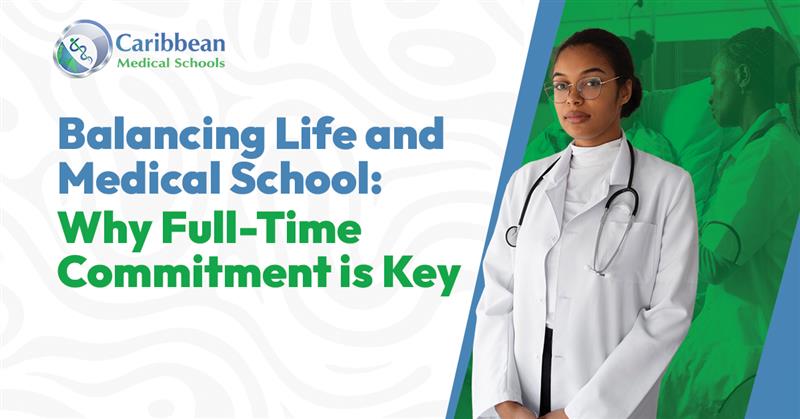Blog Summary
Caribbean medical schools offer a more affordable path to medical education, especially when compared to the high tuition and living costs of U.S. medical schools. Many top Caribbean medical schools provide accredited programs with lower tuition fees, ranging from $15,000 to $25,000 per year, along with reduced living expenses in countries like Grenada, Saint Kitts, and Dominica. These schools, also offer U.S. clinical rotations and have strong residency match rates, ensuring students are well-prepared for careers in medicine. With smaller class sizes, scholarships, and the opportunity for U.S. residencies, Caribbean medical schools are becoming a popular and practical choice for aspiring doctors.
Table of Contents
Introduction
Embarking on a career in medicine can feel overwhelming, not just because of the rigorous studies but also due to the financial burden it brings. For many aspiring doctors, high tuition fees and living expenses make medical school seem unattainable. Caribbean medical schools offer more affordable option without compromising on quality. But how do they stack up against more traditional institutions? And what makes them such an appealing choice?
Statistics
A key reason for the affordability of Caribbean medical schools is their lower tuition fees. As per FAIMER short Report, the U.S. or Canada may charge upwards of $60,000 per year, many accredited Caribbean medical schools offer tuition as low as $15,000 to $25,000 per year. These savings can have a substantial impact, particularly when you consider the length of medical programs, which typically last four years or more.
Cost Comparison: Caribbean vs. U.S. Medical Schools
One of the most significant factors when considering medical school is the cost. In the U.S., medical students often graduate with student loan debts exceeding $200,000. This financial burden can take decades to repay. In contrast, top Caribbean medical schools offer significantly lower tuition fees, sometimes reducing the cost of education by up to 50%.
Living Costs in the Caribbean
It’s not just the tuition fees that make the best Caribbean medical schools more affordable—it’s the overall cost of living. Housing, food, and transportation in Caribbean countries like Grenada, Saint Kitts, and Dominica are often cheaper than in the U.S. or Canada. By choosing to study in the Caribbean, you can potentially save thousands on living expenses over the course of your education.
Accredited Caribbean Medical Schools
One common misconception is that Caribbean medical schools are not as reputable or accredited as their U.S. counterparts. However, many Caribbean institutions are fully accredited and recognized by key medical boards, such as the Educational Commission for Foreign Medical Graduates (ECFMG). Choosing an accredited school ensures that you are eligible for clinical rotations in the U.S. and Canada, as well as residency programs.
Scholarship and Financial Aid Options
While Caribbean medical schools already offer a more affordable education, many also provide scholarships and financial aid to help ease the financial burden. Various merit-based, need-based, and even nationality-specific scholarships are available, making it even more feasible to pursue your medical degree in the Caribbean.
Smaller Class Sizes for a Better Experience
In contrast to large lecture halls in U.S. medical schools, accredited Caribbean medical schools often offer smaller class sizes. This translates to more personalized attention, better student-teacher interaction, and a more supportive learning environment. For students who thrive on individual attention and mentorship, this is a significant advantage.
Clinical Rotations in the U.S.
One of the biggest draws of Caribbean medical schools is the ability to complete clinical rotations in the U.S. Many Caribbean schools have established partnerships with hospitals in the U.S., allowing students to gain hands on experience in real world medical environments. These rotations not only provide valuable training but also help students form connections that can be crucial when applying for residencies.
Pathway to Residency and Licensing
A big question for students considering the best medical schools is, “Can I get a U.S. residency?” The answer is yes. Many graduates from accredited Caribbean medical schools secure residencies in the U.S. every year, particularly in fields like family medicine, internal medicine, and paediatrics. Schools like Texila American University have proven track records of helping students match into U.S. residency programs.
Why Caribbean Schools Are Becoming Popular
With lower costs, U.S.-accredited programs, and opportunities for U.S. residency, it’s no wonder that Caribbean medical schools are growing in popularity. They offer a practical and more affordable alternative for students who may not want to take on the high costs associated with medical schools in the U.S. or Canada.
Top Caribbean Medical Schools to Consider
Here are some of the best Caribbean medical schools to consider when planning your medical education:
These schools are accredited, offer high-quality education, and have a strong track record of helping students secure U.S. residencies.
Conclusion
Choosing a Caribbean medical school could be the affordable path you need to realize your dream of becoming a doctor. With lower tuition fees, accredited programs, and opportunities for U.S. clinical rotations and residencies, Caribbean medical schools are not just a cost-effective choice but a smart one. By carefully selecting an accredited institution, you can achieve your goals while minimizing your financial burden.
FAQs
1. Are Caribbean medical schools accredited?
Yes, lot of Caribbean medical schools are accredited by recognized organizations, allowing graduates to practice medicine in the U.S. and Canada.
2. Can I get a U.S. residency after attending a Caribbean medical school?
Absolutely. Many top Caribbean medical schools have strong residency match rates in the U.S.
3. How much does it cost to attend a Caribbean medical school?
Tuition at Caribbean medical schools ranges from $15,000 to $25,000 per year, which is significantly lower than most U.S. medical schools.
4. What are the living expenses like in the Caribbean?
Living costs in the Caribbean are generally lower than in the U.S., including housing, food, and transportation.
5. What are the best Caribbean medical schools?
Some of the best Caribbean medical schools include Texila American University, St. George’s University and Ross University.






